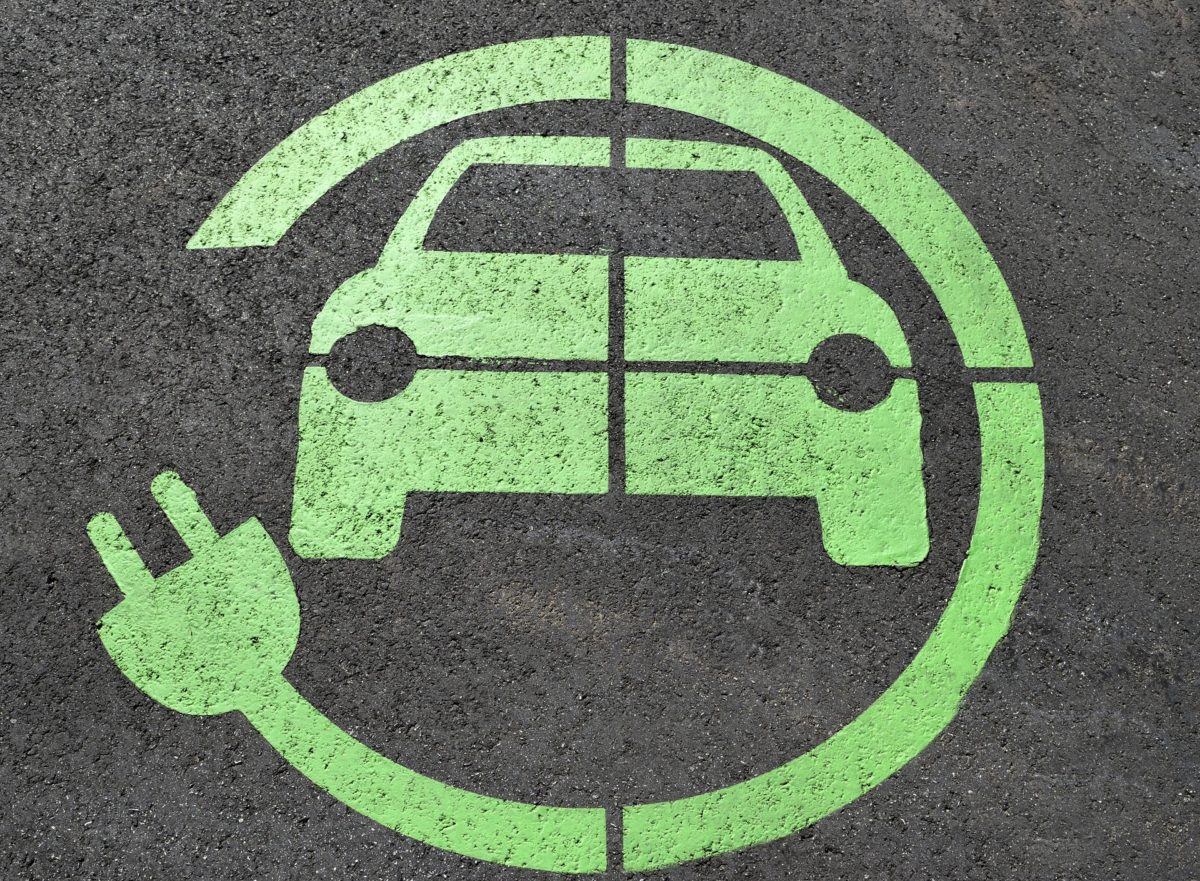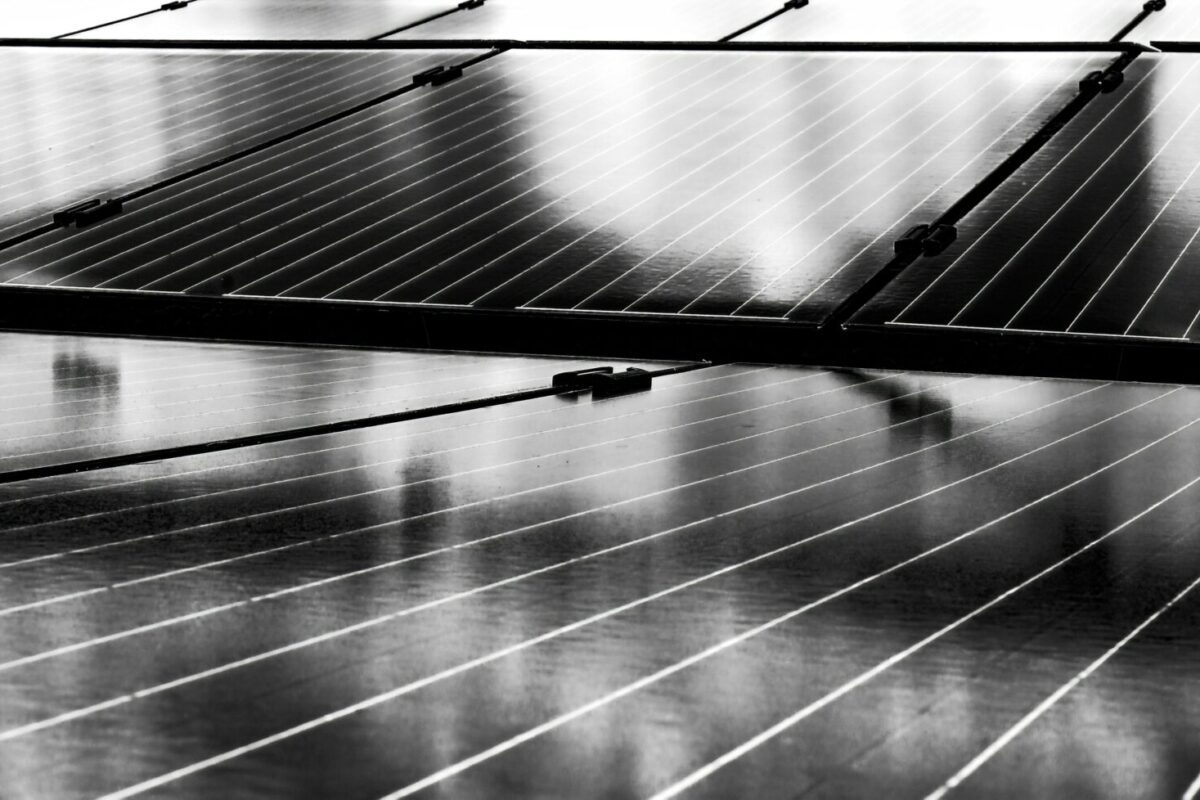From pv magazine Australia.
Australian EV charger supplier Tritium will ramp up the number of recharging sites in the U.K. by 2025 after a substantial deal was signed with London-based Box Energi to supply its e-mobility service unit Drive Energi with one or two 50 kW rapid chargers at 2,500 sites.
The first 100 new Drive Energi sites are expected to be operational by the end of January and will boast Tritium Veefil-RT 50 kW DC Rapid Chargers which add 50 km of range after a 10-minute charge.
“These chargers are not only the fastest and most advanced in their class but incredibly easy to use,” said James Moat, CEO of Drive Energi. The Box Energi business aims to eliminate range anxiety for EV drivers in the U.K. by developing a nationwide network of recharging locations in public sites, as well as in private fleet-charging locations.
At 75cmx33cm, the Veefil-RT footprint is the smallest of the world’s commercially available chargers, according to Moat, who said their small size makes them easy to deploy, “particularly in our cities and high-density areas where space is increasingly limited”.
Congestion charge incentive
EV drivers in the U.K. can already plug in to around 2,300 rapid chargers on 1,500 sites. With sales and manufacturing facilities in Brisbane, Amsterdam and the U.S., Tritium said the new contract will make it the biggest EV charger operating in the U.K.
This year, Mayor of London Sadiq Khan began charging vehicles for driving in an Ultra Low Emission Zone (ULEZ) if they don’t meet stringent standards. Electric vehicles will be unaffected in the area covered, which extends from Finsbury in the north to Vauxhall Bridge in the south and from Paddington Station in the west to Tower Bridge in the east. Cities including Bath, Birmingham and Greater Manchester have similar plans to reduce transport pollution, offering the prospect of further incentives for EV uptake.
As ULEZ schemes take hold, “the need for reliable, smart and easy-to-use charging infrastructure is critical,” said Kevin Pugh, development manager for Tritium in the U.K. and Ireland.

Tritium has its origins in the solar-car racing of its founders in the late 1990s, at the University of Queensland in Brisbane. Two decades later, CEO David Finn, chief product officer Paul Sernia and chief technology officer James Kennedy said on the company website they remain “passionate about renewable energy for transport and electric vehicles”.
Tritium was founded in 2001 to sell the company’s Gold Controller motor inverter for solar-powered vehicles and the business continues to develop and manufacture solar racing products. Tritium’s first DC fast charger for EVs was commercially launched in 2014.
It is estimated a 20-minute charge on the latest Veefil-RT will add three days of range to an electric vehicle in the U.K. given the average daily commute is around 32km, said development manager Pugh.
Drive Energi’s rollout of Tritium chargers will be one of the fastest seen for a DC rapid-charging network in a single country and will enhance the confidence of drivers they can easily find a charger when needed.
A leap forward in charging
The new facilities will mark a step up from the 7 kW chargers typically found in U.K. homes and at some public sites, which provide around 14 km of driving for every 20 minutes spent charging.
Tritium said it will supply round-the-clock support to the Drive Energy network, helped by the fact each charger has an integrated modem that streams constant performance data to support engineers.
In Australia, Tritium customers include insurance company NRMA and electric vehicle charging businesses Chargefox and Evie Networks. Tritium Veefil charge stations currently make up 78% of the 89 DC fast chargers in Australia.
In a statement issued to announce the Drive Energi deal, Tritium’s management said the development was well timed to take advantage of its new and upgraded E-Mobility Innovation Centers in Brisbane and Amsterdam.
This content is protected by copyright and may not be reused. If you want to cooperate with us and would like to reuse some of our content, please contact: editors@pv-magazine.com.




By submitting this form you agree to pv magazine using your data for the purposes of publishing your comment.
Your personal data will only be disclosed or otherwise transmitted to third parties for the purposes of spam filtering or if this is necessary for technical maintenance of the website. Any other transfer to third parties will not take place unless this is justified on the basis of applicable data protection regulations or if pv magazine is legally obliged to do so.
You may revoke this consent at any time with effect for the future, in which case your personal data will be deleted immediately. Otherwise, your data will be deleted if pv magazine has processed your request or the purpose of data storage is fulfilled.
Further information on data privacy can be found in our Data Protection Policy.